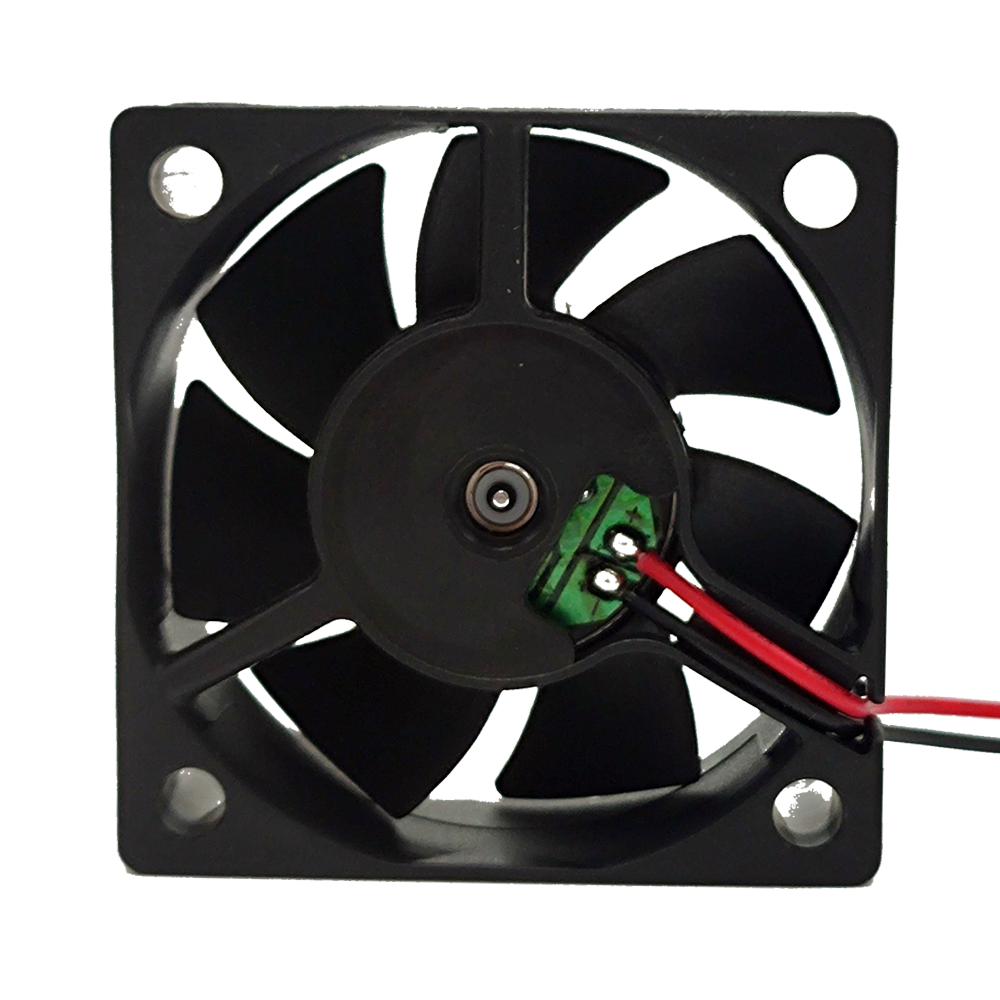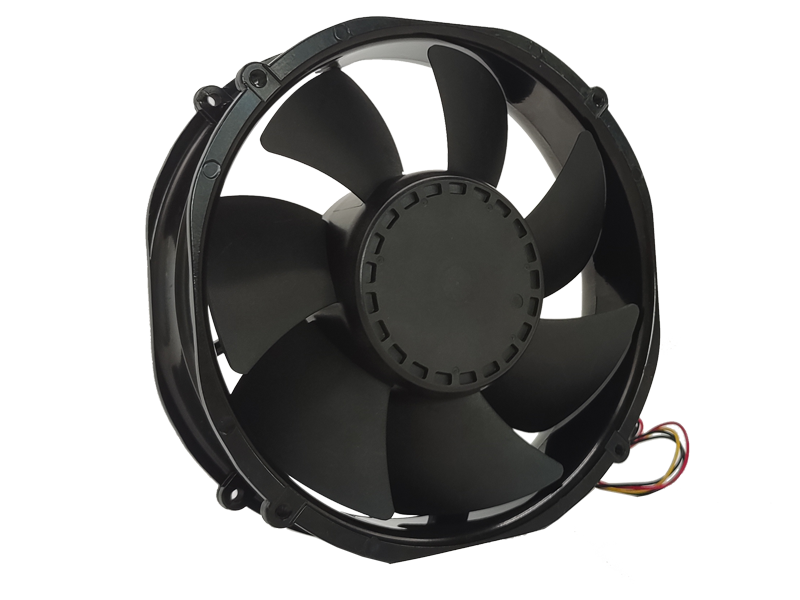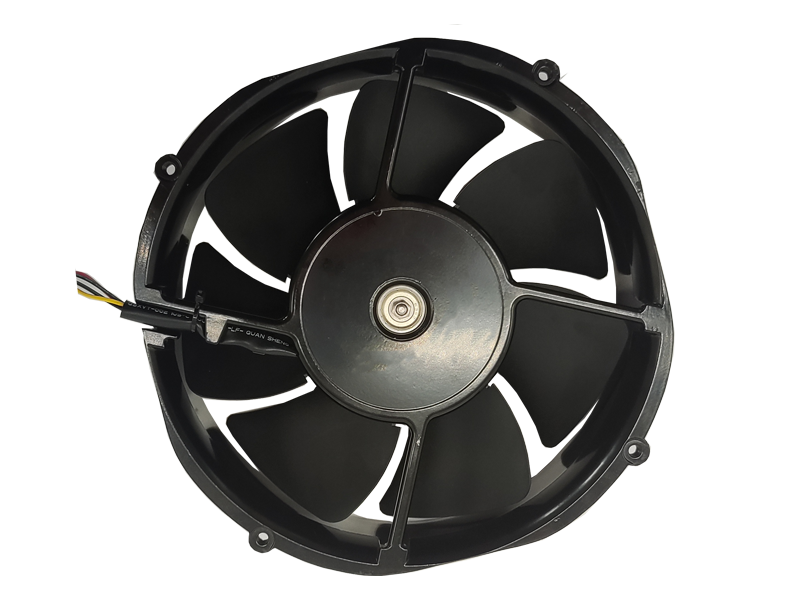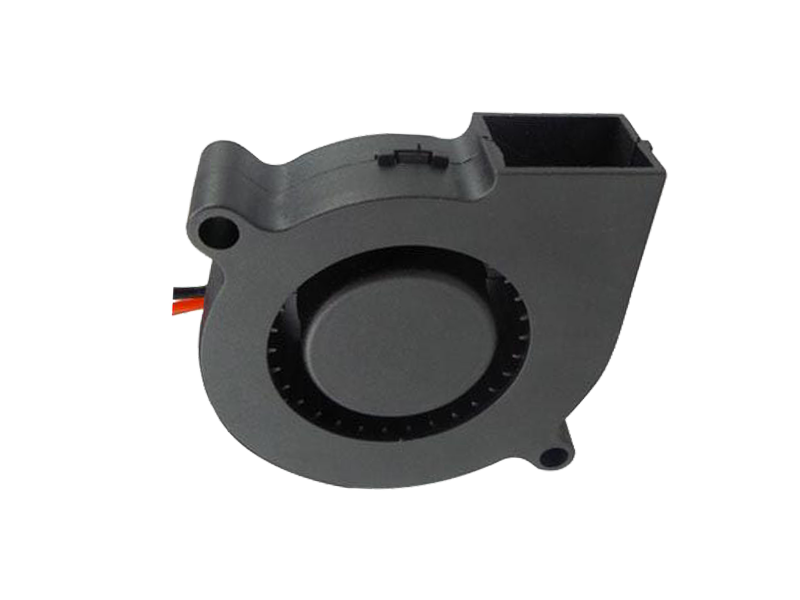As industries continue to face increasing pressure to reduce their carbon footprints and operate more sustainably, it is essential to consider how every component of their operations contributes to their environmental impact. One often overlooked but crucial element is the industrial fan. While industrial fans are commonly used for temperature regulation, air circulation, and ventilation, they also play a key role in helping businesses meet sustainability goals. This article will explore how industrial fans contribute to sustainability, highlighting the energy-efficient technologies, environmental benefits, and long-term cost savings they offer.
Energy-Efficiency: A Step Toward Sustainability
Energy efficiency is one of the primary concerns for any industry striving to minimize its environmental impact. Industrial fans, when designed with energy-saving features, can significantly reduce a company’s overall energy consumption.
Variable Speed Drives (VSD): Many modern industrial fans come equipped with Variable Speed Drives, which adjust the speed of the fan based on the airflow requirements. By matching the fan speed to actual demand rather than running at a constant speed, VSDs help reduce unnecessary energy consumption. This capability is particularly important in industries where airflow needs fluctuate throughout the day.
Energy-Efficient Motors: High-efficiency motors are another critical feature that enhances the energy-saving capabilities of industrial fans. These motors consume less power for the same level of output, reducing energy consumption and helping to lower operational costs.
Automation and Smart Controls: With the integration of automated systems and smart controls, industrial fans can be monitored and adjusted remotely to optimize energy use. Smart sensors detect changes in temperature, humidity, or air quality and adjust fan operation accordingly, ensuring that energy is used only when needed.
Reduced Environmental Impact

By using less energy, industrial fans contribute to the reduction of greenhouse gas emissions, which are a major driver of climate change. This reduction in energy consumption has several positive outcomes:
Lower Carbon Emissions: Energy-intensive industries often rely on non-renewable energy sources such as coal or natural gas, which emit significant amounts of carbon dioxide (CO2). By using energy-efficient fans, these industries can reduce their reliance on fossil fuels, thus cutting down their overall carbon emissions.
Reduced Heat Generation: In many industrial settings, fans help to maintain temperatures at optimal levels. By effectively circulating air, these fans prevent overheating in machinery and reduce the need for supplementary cooling systems, which can generate additional heat or require additional energy.
Longer Lifespan of Equipment: Since industrial fans are designed for durability, their long lifespan ensures that fewer resources are used to manufacture replacement fans. This reduced need for new equipment leads to fewer raw materials being extracted and less waste being generated.
Impact on Indoor Air Quality and Health
Industrial fans are instrumental in improving indoor air quality by circulating fresh air, removing pollutants, and preventing the buildup of heat and humidity. This has direct benefits for both the environment and human health.
Reducing Indoor Air Pollution: Many industrial environments, particularly in manufacturing or processing plants, can have high levels of pollutants, including dust, fumes, and chemicals. Industrial fans help to remove these harmful particles from the air, ensuring cleaner and safer environments for workers.
Preventing Heat Stress: In industries where workers are exposed to high temperatures, the risk of heat-related illnesses increases. By maintaining a constant airflow, industrial fans help prevent heat stress, ensuring that workers can operate in a safer and more comfortable environment.
Cost Savings: The Financial Benefits of Sustainability
Sustainability is not just about reducing environmental impact—it’s also about creating long-term cost savings for businesses. Industrial fans, through their energy-efficient design and long lifespan, can offer significant financial benefits.
Reduced Operating Costs: By using less energy, industrial fans lower electricity bills. In addition, the durability and low-maintenance features of modern industrial fans reduce the costs associated with repairs, replacements, and downtime.
Improved Worker Productivity: A comfortable working environment directly correlates with higher worker productivity. By ensuring that workers are not exposed to excessive heat, humidity, or poor air quality, industrial fans contribute to a more efficient workforce. This, in turn, leads to higher output and profitability.
Incentives and Tax Benefits: Many governments offer tax credits, rebates, or other financial incentives to businesses that implement energy-efficient technologies. By upgrading to more sustainable industrial fans, companies may be eligible for these programs, which further offset the initial investment.
Conclusion
In an era of increased environmental awareness, industries must take proactive steps to reduce their ecological footprint. Industrial fans, through their energy-efficient features, durability, and positive impact on indoor air quality, offer significant benefits in terms of sustainability. As companies continue to adopt greener practices, industrial fans will remain an integral part of efforts to create more sustainable and cost-effective operations.
Recommended Products

The main purpose:Car charging station

The main purpose:Car charging station

The main purpose:Electronic refrigerators, water dispensers, direct drinking machines, inverter power supplies
Address:No. 4137, Longgang Avenue (Henggang Section), Henggang Community, Henggang Street, Longgang District, Shenzhen
hotline:13530005572(Chen)15112579390(Li)


Welcome all friends to come for consultation and negotiation.
Copyright 2024 @ Shenzhen Youneng Xinyuan Electronics Co., Ltd.,(industrial fans,industrial blowers,axial fans,cooling fans manufacturer,centrifugal fans,ac cooling fans,dc cooling fans)